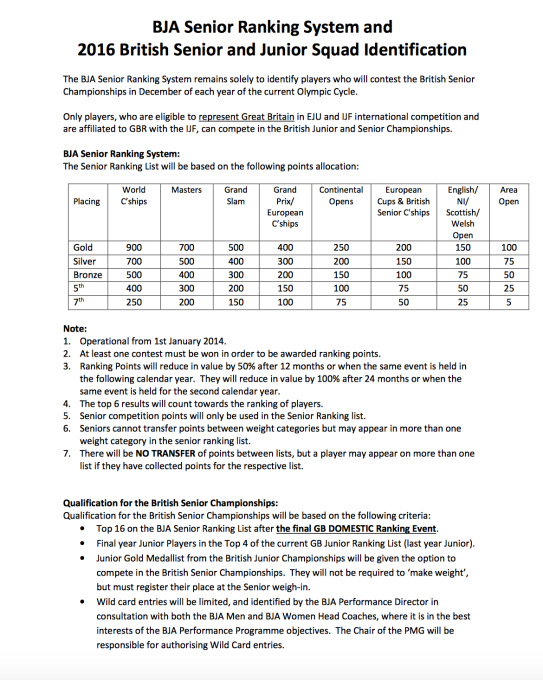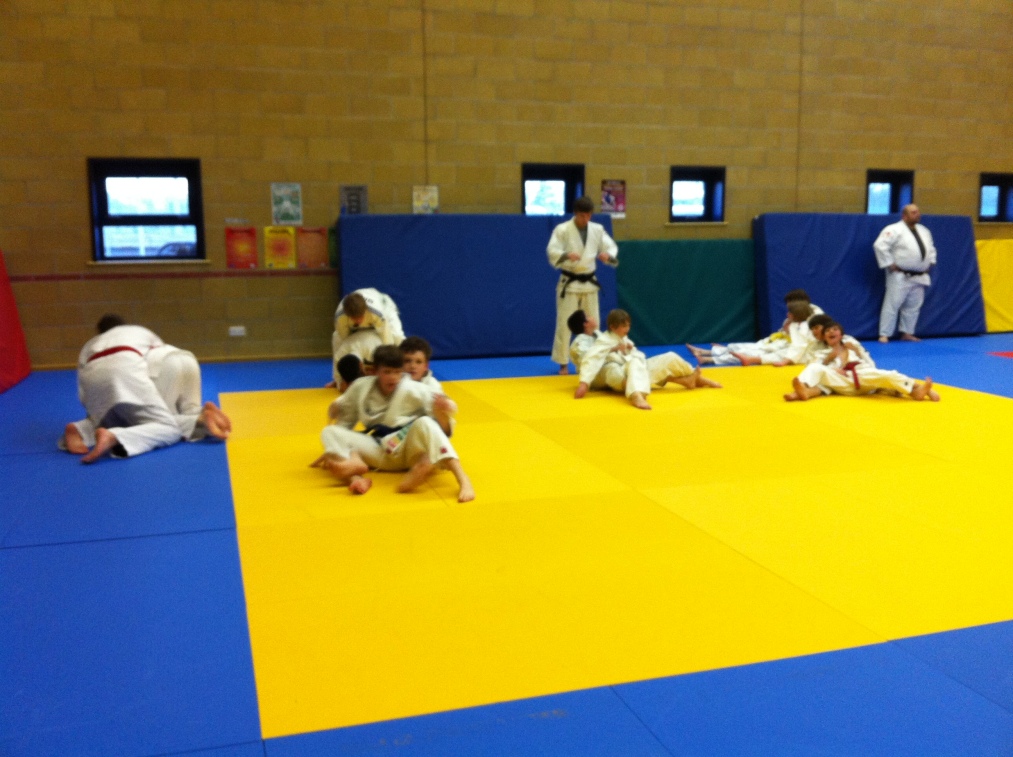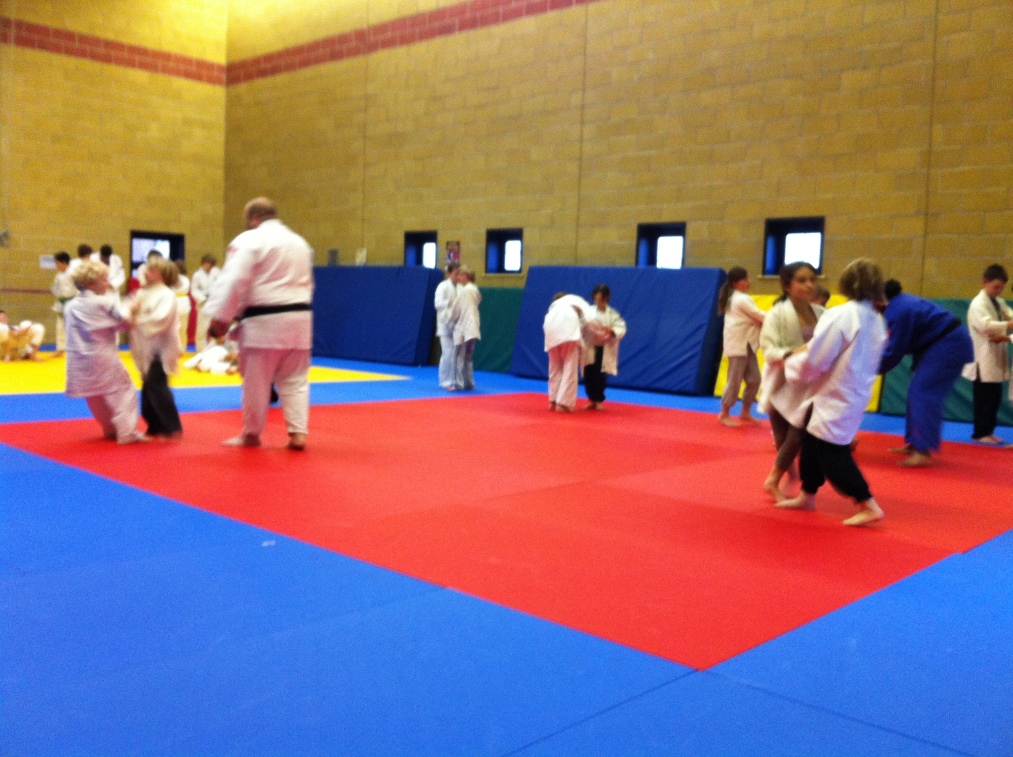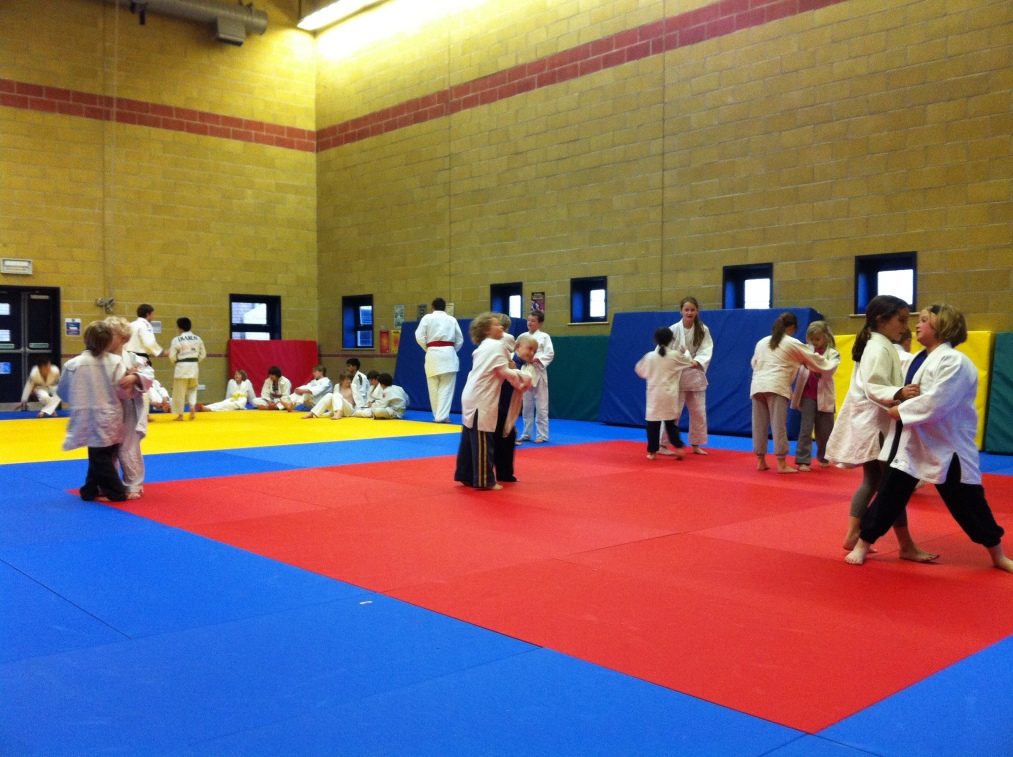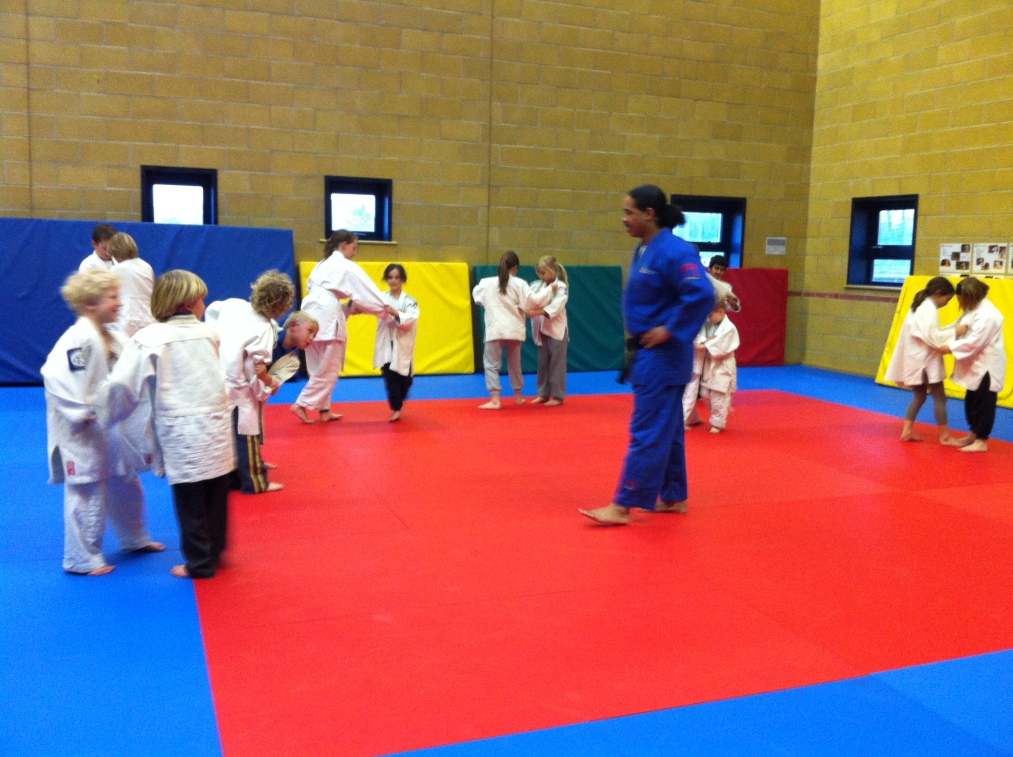With the fantastic results of the European championships this week there will be the inevitable response of how great British judo has become/is becoming since it moved to a centralised programme at Walsall but what do the numbers tell us?
First of all, this has been a valiant effort by the British team and I would like to congratulate all the athletes, in particular, the 5 that won medals.
Sally Conway – Silver
Ashley McKenzie – Bronze
Gemma Howell – Bronze
Lucy Renshall – Bronze
Natalie Powell – Bronze
So how do these results compare to previous years? I’ve decided to stick to this century and go back to 2000. It would be hard to compare going back much further and 2000 seems like a good break point to me. There are several ways to present this data, I could do what most people do and select the one that suits my agenda or what I want to say but I think that isn’t fair and to be honest, if I have an agenda its objectivity so I have decided to present the data in a number of ways and let the reader make up their own mind.
If we base performance solely on medal count then 2018 is our most successful performance this century (since 2000). Personally, I am not convinced medal count alone is a good measure but winning 5 medals, the most we’ve won in 19 European championships is great. Below I have broken our medal tally at the European championships down by year and equating medal colour to the current number of points awarded on the IJF world ranking list. I think this is a fairly good way of presenting the data.

Figure 1: World ranking points that would have been awarded based on the current world ranking points systems from 2000 – 2018.
If we ranked the results in order of points awarded then 2018 would be our joint 3rd most successful year. Table 1 shows all years ranked in points order.
| Rank | Year | gold | silver | bronze | score |
| 1 | 2006 | 2 | 2 | 2100 | |
| 2 | 2005 | 1 | 2 | 1 | 2030 |
| 3 | 2003 | 1 | 1 | 2 | 1890 |
| 4 | 2018 | 1 | 4 | 1890 | |
| 5 | 2000 | 3 | 1 | 1820 | |
| 6 | 2004 | 2 | 1 | 1330 | |
| 7 | 2002 | 1 | 1 | 1190 | |
| 8 | 2016 | 1 | 1 | 840 | |
| 9 | 2007 | 2 | 700 | ||
| 10 | 2010 | 2 | 700 | ||
| 11 | 2011 | 2 | 700 | ||
| 12 | 2017 | 2 | 700 | ||
| 13 | 2009 | 1 | 490 | ||
| 14 | 2001 | 1 | 350 | ||
| 15 | 2012 | 1 | 350 | ||
| 16 | 2013 | 1 | 350 | ||
| 17 | 2008 | 0 | |||
| 18 | 2014 | 0 | |||
| 19 | 2015 | 0 |
Of course, there are the purists who would only like to count gold medals. Well, it is 12 years since we won a gold medal and in those 2006 European championships, we won two golds – Craig Fallon and Sarah Clarke. In fact, we have only won 5 European gold medals this century, the two above and Karina Bryant in 2005 and 2003, Georgina Singleton in 2002.
Of course, there are others ways to measure the performance, the number of fights won compared to the number of players competing (too much work for this post i’m afraid) and the quality of the fights are two examples. I did watch all the GB fights but I would want to watch them again without the emotion to judge that and give an opinion. My first impressions are that actually, our players are fighting very well at the moment. Natalie and Sally are extremely consistent and easily world class. This was Lucy’s first Europeans and she won a bronze, how Gemma has come through so many injuries and three weight groups to medal at this level is nothing short of miraculous and Ashley has achieved a second bronze despite fighting his opponents and the system simultaneously. If I was to pick one thing I find frustrating it would be this new habit of some British players to “beg for a score” or “beg for a score to be upgraded“. I don’t like this, I think they miss opportunities, particularly in transition to Ne-waza and arguing a score is arguably the coaches job, the athletes should focus on nothing but fighting. I don’t blame the players, there could be a number of reasons, lack of trust in the coaches, lack of faith in the referees, or the constant changes in rules (although not all athletes from all countries do it) to name a few.
So what do we conclude? Well based solely on medal count we’ve done very well, our best Europeans this century. I am sure most people would agree the medal tally of 2006 (2 golds and two bronze) is better than of 2018 (1 silver and 4 bronze) as we regularly see medal tables with gold medals taking up the top slots ie one gold medal would put you above teams with multiple medals (those pesky purists!).
I think the fairest way for me is the points system, its objective and based on this system we can also look at trends in more detail. There does seem to be a trend of improvement from 2016 onwards, in fact, may be looking in more detail we just had a number of ‘difficult years’ between 2007 – 2015 and really we’ve always been great in Great Britain!
Anyway, our best European championships since 2006 and a trend for continuous improvement over the last three European championships. We should be pleased with this and hope a similar trend is seen at world level in Baku 2018 and Tokyo 2019 over the next two years and of course at the Tokyo 2020 Olympic games.
Sources:
http://www.EJU.net (image source)


